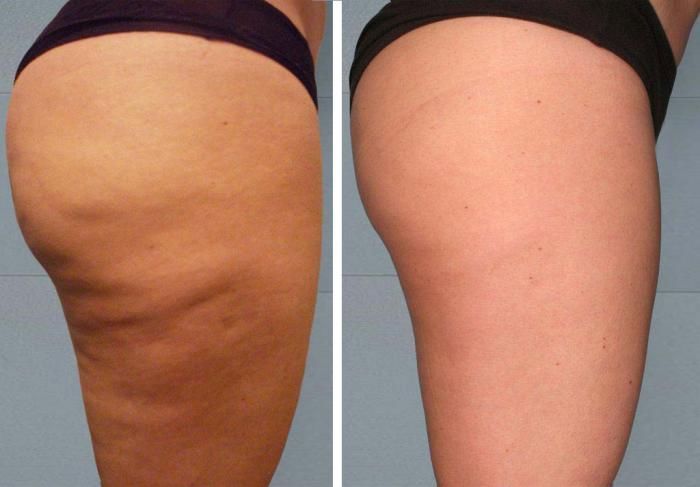Bordetella Vaccine for Dogs: What You Need to Know
Introduction to Bordetella Vaccine for Dogs
The Bordetella vaccine is an essential component of canine health care, particularly for dogs that interact frequently with other dogs. This includes pets that visit dog parks, grooming salons, or boarding facilities. Bordetella, a bacterium responsible for kennel cough, can cause serious respiratory issues in dogs. The vaccine serves as a preventive measure, offering dogs protection against this highly contagious disease.
Understanding Bordetella and how the vaccine works is crucial for pet owners who want to keep their dogs healthy bordetella vaccine for dogs. This article delves into the significance of the Bordetella vaccine, its administration, and other important information dog owners should know to protect their furry companions.
What is Bordetella?
Bordetella bronchiseptica is a bacterium that causes kennel cough, a highly contagious respiratory disease in dogs. The infection leads to inflammation of the upper respiratory tract, resulting in coughing, nasal discharge, and other symptoms such as fever and lethargy. Although it is often mild, kennel cough can lead to more serious complications, particularly in puppies, elderly dogs, or dogs with weakened immune systems.
The name “kennel cough” originates from its frequent occurrence in places where dogs are housed together in large numbers, such as boarding kennels, dog shows, and shelters. However, Bordetella can spread in any environment where dogs come into close contact with each other.
The Importance of Bordetella Vaccination
The Bordetella vaccine is vital for preventing kennel cough and its associated complications. The vaccine doesn’t guarantee that a dog won’t contract the disease, but it significantly reduces the severity and duration of symptoms. In some cases, vaccinated dogs may still become infected, but they are likely to experience a milder form of the disease.
For dogs that frequently interact with other pets, especially in crowded environments, the Bordetella vaccine is essential. It is often a requirement for dogs entering boarding facilities, grooming salons, or participating in dog shows and events.
How the Bordetella Vaccine Works
The Bordetella vaccine works by stimulating the dog’s immune system to produce antibodies against the Bordetella bacterium. These antibodies help the dog’s immune system to recognize and fight off the bacterium if it encounters it in the future.
There are two types of Bordetella vaccines: injectable and intranasal. Both types are effective, but they differ in their method of administration and the speed at which they offer protection.
The injectable vaccine is administered through an injection, usually under the skin, and takes several weeks to reach full effectiveness. The intranasal vaccine, on the other hand, is given through the nose and is often quicker in providing protection, typically within a few days.
Both forms of the vaccine offer protection, but the choice of which one to use depends on factors such as the dog’s health, lifestyle, and the recommendations of the veterinarian.
When Should Dogs Receive the Bordetella Vaccine?
The Bordetella vaccine is typically given to puppies starting at 8 weeks of age, with a follow-up booster shot administered at 12 weeks. After the initial round of vaccinations, dogs will need periodic booster shots to maintain immunity, often every 6 to 12 months.
The exact vaccination schedule may vary based on the dog’s age, health, and the environment in which they live. For example, dogs that are at higher risk of exposure, such as those that frequently visit dog parks or stay in kennels, may need more frequent boosters.
Your veterinarian will provide a tailored vaccination schedule based on your dog’s lifestyle and risk factors.
Are There Any Side Effects?
Like any vaccine, the Bordetella vaccine can cause mild side effects in some dogs. These are typically short-lived and may include swelling at the injection site (for the injectable vaccine), mild fever, or a runny nose. These side effects are usually harmless and resolve within a few days.
Serious side effects are rare but can occur. These might include an allergic reaction, which could present as difficulty breathing, swelling of the face, or hives. If any of these symptoms occur after vaccination, it is important to seek immediate veterinary attention.
Is the Bordetella Vaccine Required for All Dogs?
While not all dogs are required to receive the Bordetella vaccine, it is strongly recommended for dogs that have a higher risk of exposure to Bordetella. This includes dogs that interact with many other dogs, especially in settings like boarding kennels, daycare facilities, or dog parks. Additionally, some states or municipalities may have regulations requiring the vaccine for dogs in certain environments, such as shelters.
In general, if your dog spends time in situations where they could come into contact with other dogs, it is advisable to have them vaccinated.
The Effectiveness of the Bordetella Vaccine
The Bordetella vaccine is generally very effective at preventing severe cases of kennel cough, but it is not foolproof. Some dogs may still develop mild symptoms, especially if they are exposed to the virus shortly after receiving the vaccine. However, the severity and duration of the illness are usually much less in vaccinated dogs.
The vaccine is not a 100% guarantee, but it provides a critical level of protection. The immune response generated by the vaccine can help prevent the spread of the disease and protect other dogs in the community.
The Role of Bordetella Vaccination in Public Health
Bordetella vaccination plays an important role in public health, especially in settings with large groups of dogs. By vaccinating dogs against kennel cough, pet owners help reduce the spread of the bacteria and protect the broader dog population. It is also important for dogs to be vaccinated in order to reduce the transmission of the disease in environments such as shelters or rescue centers, where new dogs are often brought in and interact with others.
What to Do If Your Dog Shows Symptoms of Kennel Cough
If your dog begins to exhibit symptoms of kennel cough, it is important to consult a veterinarian. The symptoms typically include a persistent dry cough, nasal discharge, and sometimes a mild fever. Although the disease is often mild, a veterinarian will be able to confirm the diagnosis and may recommend treatment to ease your dog’s discomfort.
Treatment options may include cough suppressants, antibiotics (if a secondary bacterial infection is present), and supportive care such as rest and hydration. In more severe cases, especially in puppies or immunocompromised dogs, additional treatments may be required.
Conclusion
The Bordetella vaccine is a key part of maintaining your dog’s health, especially for those that come into contact with other dogs bordetella vaccine for dogs. While it is not a guarantee that your dog will never develop kennel cough, it significantly reduces the severity of the disease and helps protect your dog from serious complications.
By understanding the importance of Bordetella vaccination, dog owners can make informed decisions about their pets’ healthcare needs. Regular vaccination and proper preventive measures will ensure that your dog stays healthy and can enjoy safe interactions with other dogs in various environments.













